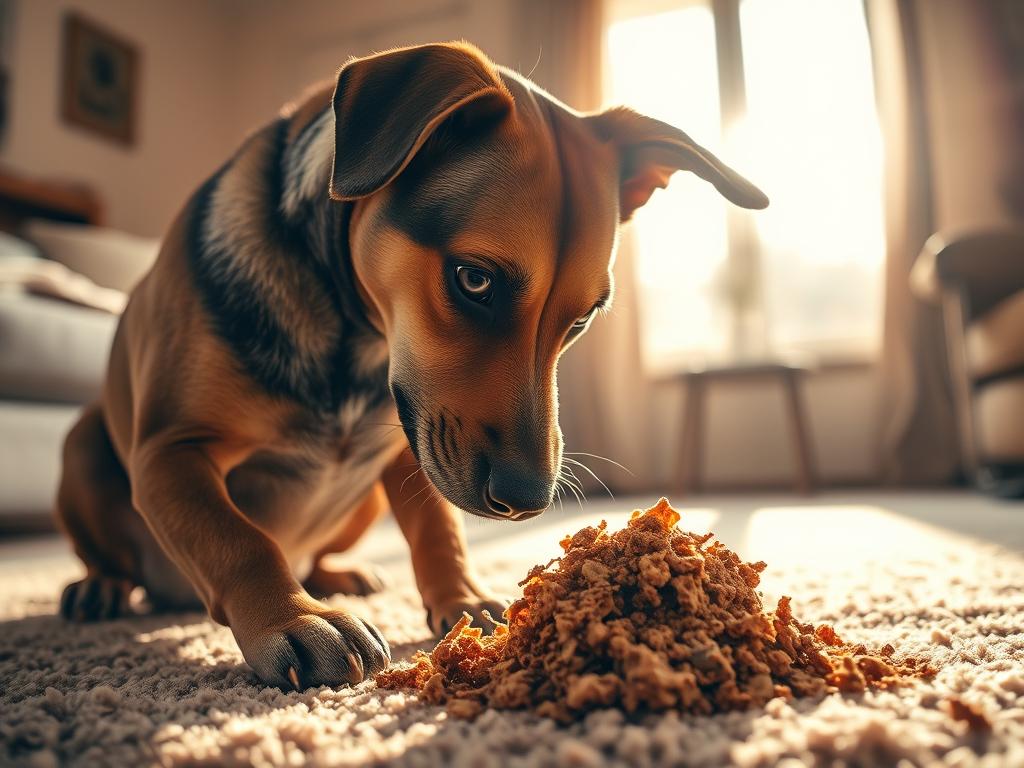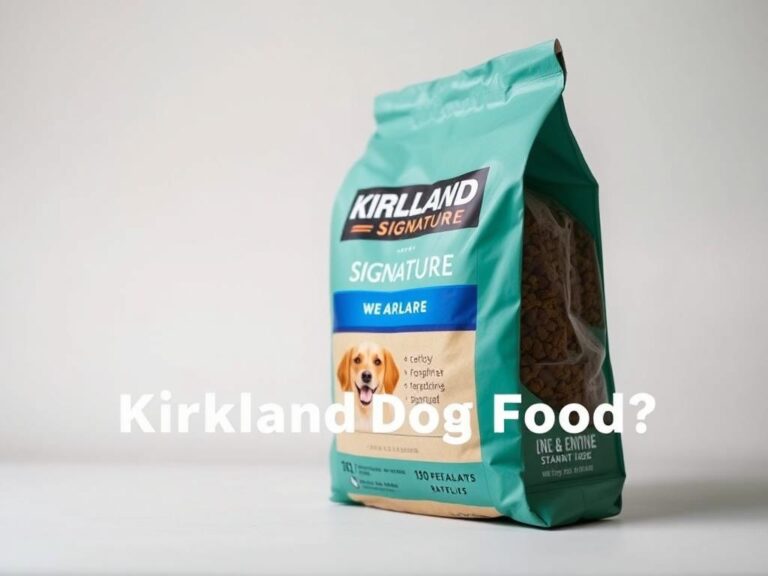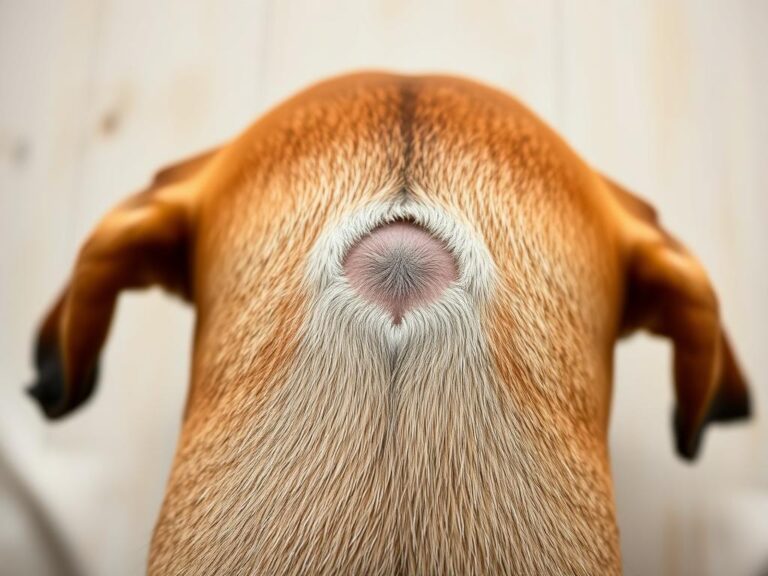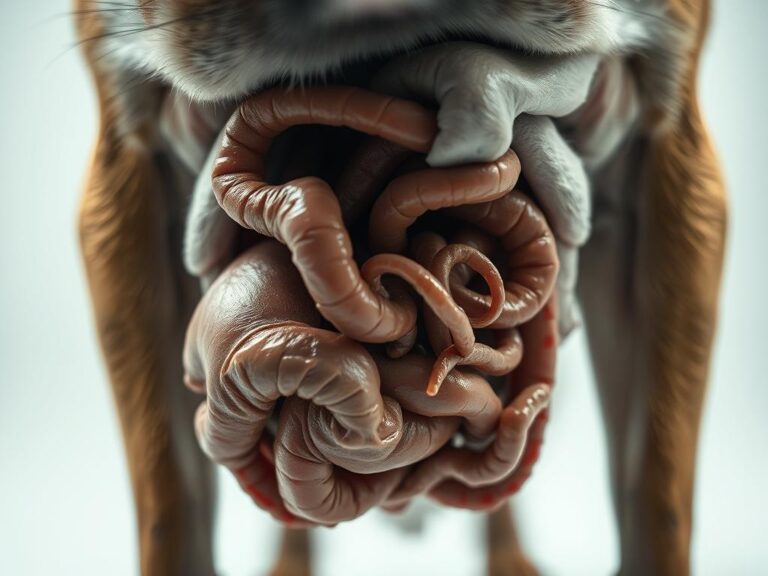Why Does My Dog Eat Cat Poop?
Coprophagia, the behavior of eating feces, is a common issue many dog owners face. When dogs eat cat poop, it can be both puzzling and concerning for pet parents.
This behavior, though unpleasant, is not uncommon. Understanding the reasons behind it is crucial to addressing the issue effectively. In this article, we’ll explore the possible causes of coprophagia and provide practical solutions to stop it.
By examining the underlying reasons, such as nutritional deficiencies or behavioral issues, we can help dog owners take the necessary steps to prevent their dogs from engaging in this undesirable behavior.
Understanding Your Dog’s Disgusting Habit
Understanding why dogs engage in coprophagia is crucial for addressing the issue. Coprophagia, or the act of eating feces, is a behavior that, although disturbing to many pet owners, is relatively common in dogs. To tackle this problem, it’s essential to delve into the reasons behind it and understand whether it’s considered a normal behavior in canine populations.
Is This Behavior Normal in Dogs?
Dogs eating cat feces, or coprophagia, is not considered a normal behavior in the sense that it’s not a typical part of a dog’s diet or behavior in the wild. However, it is a relatively common occurrence among domesticated dogs. The reasons behind this behavior can vary widely, ranging from nutritional deficiencies to psychological factors.
The Science Behind Coprophagia
The science behind coprophagia involves understanding the potential triggers and causes. One theory is that dogs are attracted to the undigested nutrients in feces. Another theory suggests that dogs may engage in coprophagia due to instinctual behaviors inherited from their wild ancestors, who would eat feces to avoid leaving scent trails for predators.
How Common Is This Behavior?
Coprophagia is more common than many pet owners might think. Studies suggest that a significant percentage of dogs engage in coprophagic behavior at some point. Factors such as diet, environment, and individual dog temperament can influence the likelihood of a dog eating cat feces.
By understanding the underlying causes and prevalence of coprophagia, pet owners can take the first steps towards addressing the issue. Whether it’s through dietary changes, environmental adjustments, or training, there are various strategies that can help mitigate this behavior.
Why Does My Dog Eat Cat Poop? Common Reasons
Understanding why dogs eat cat poop requires a closer look at their nutritional needs, instinctual behaviors, and psychological state. Several factors contribute to this behavior, and identifying the root cause is crucial for addressing the issue effectively.
Nutritional Deficiencies and Dietary Issues
One of the primary reasons dogs might be drawn to eating cat poop is due to nutritional deficiencies in their diet. If a dog’s food lacks certain nutrients, they might seek alternative sources to fulfill their nutritional needs. Cat feces can contain undigested food particles that may attract dogs due to their smell and taste. Ensuring your dog is on a well-balanced diet that meets their nutritional requirements is essential. Consulting with a veterinarian to assess and adjust your dog’s diet can help mitigate this behavior.
Instinctual Scavenging Behavior
Dogs are descendants of scavengers and have an instinctual tendency to explore and consume a wide range of substances, including feces. This behavior is deeply rooted in their evolutionary history, where eating whatever was available helped their ancestors survive. While domestication has changed many aspects of canine behavior, some dogs still exhibit this scavenging instinct. Keeping the cat litter box clean and inaccessible can help reduce the opportunity for dogs to engage in this behavior.
Boredom and Attention-Seeking Behaviors
Dogs require mental and physical stimulation. When they lack sufficient activity or engagement, they might resort to undesirable behaviors like eating cat poop. Boredom and the desire for attention can drive dogs to seek out activities that are not necessarily healthy or desirable. Providing adequate exercise, training, and playtime can help alleviate boredom and reduce the likelihood of engaging in coprophagia.
Stress, Anxiety and Psychological Factors
Stress and anxiety can also play a significant role in a dog’s tendency to eat cat feces. Dogs experiencing stress or anxiety might engage in abnormal behaviors as a coping mechanism. Identifying the sources of stress and implementing strategies to reduce anxiety, such as providing a calm environment or using calming aids, can help address this issue.
Health Risks Associated with Eating Cat Feces
Eating cat feces can have severe health consequences for dogs, including infections and parasitic infestations. This behavior, known as coprophagia, exposes dogs to a variety of health risks that can affect their overall well-being.
Parasites and Bacterial Infections
Cat feces can contain a range of parasites, including hookworms, roundworms, and tapeworms. When dogs consume cat feces, they can ingest these parasites, leading to infections. Additionally, cat feces may harbor bacterial pathogens like Salmonella and E. coli, which can cause severe gastrointestinal illness in dogs.
- Hookworms can lead to gastrointestinal issues and anemia.
- Roundworms can cause intestinal blockages and other complications.
- Tapeworms can lead to weight loss and digestive problems.
Digestive Issues and Symptoms to Watch For
Dogs that eat cat feces may exhibit a range of digestive issues, including vomiting, diarrhea, and abdominal pain. These symptoms can vary in severity, depending on the pathogens or parasites ingested. It’s crucial for dog owners to monitor their pets for these signs and seek veterinary care if they persist.
Toxoplasmosis and Other Serious Concerns
One of the most significant risks associated with eating cat feces is toxoplasmosis, a parasitic infection caused by Toxoplasma gondii. While often asymptomatic, toxoplasmosis can cause serious health issues in dogs, particularly those with weakened immune systems. Other concerns include the potential for transmitting diseases like Giardia and Cryptosporidium.
To protect your dog’s health, it’s essential to take steps to stop them from eating cat poop. This may involve a combination of training, dietary changes, and litter box management strategies.
Effective Solutions to Stop Your Dog from Eating Cat Poop
To stop your dog from eating cat poop, several effective strategies can be employed. Understanding the root cause of this behavior is crucial in determining the best approach. By addressing the underlying reasons and implementing the right techniques, dog owners can break this undesirable habit in their pets.
Training Techniques and Commands
Training plays a significant role in correcting coprophagia. Teaching your dog the “leave it” command can be particularly useful. This command, when mastered, can help deter your dog from approaching the cat litter box. Consistency and positive reinforcement are key when training your dog. Rewarding good behavior with treats and praise encourages your dog to obey commands.
Another effective training technique is to keep your dog occupied and distracted when they’re in the same area as the cat litter box. Engaging your dog in play or providing puzzle toys filled with treats can redirect their attention away from the litter box.
Cat Litter Box Management Strategies
Managing the cat litter box is a critical aspect of preventing your dog from accessing cat feces. There are several strategies that can be employed to make the litter box less accessible.
Location and Access Control
Relocating the litter box to an area that is inaccessible to your dog can be an effective solution. This could mean placing it in a room that your dog cannot enter or using baby gates to block access. Ensuring that the litter box is out of your dog’s reach can significantly reduce the incidence of coprophagia.
Litter Box Types and Covers
Using a litter box with a secure cover can also prevent your dog from accessing the feces. There are various types of litter boxes available, including those with locking mechanisms or weighted covers that make it difficult for dogs to open them.
Dietary Supplements and Deterrents
Sometimes, coprophagia can be a sign of nutritional deficiencies in your dog’s diet. Adding dietary supplements can help alleviate this issue. However, it’s crucial to consult with a veterinarian before making any changes to your dog’s diet to ensure that the supplements are necessary and safe.
There are also commercial deterrents available that can be added to your dog’s food or the cat litter to make the feces unpalatable to dogs. These products can be an effective way to break the habit of eating cat poop.
When to Consult a Veterinarian or Behaviorist
If your dog continues to eat cat poop despite trying various solutions, it may be time to consult a professional. A veterinarian can rule out any underlying health issues that might be contributing to this behavior. A certified animal behaviorist can provide personalized advice and training plans tailored to your dog’s specific needs.
Addressing coprophagia requires patience, persistence, and sometimes professional help. By combining training, litter box management, and dietary adjustments, you can help your dog overcome this undesirable behavior.
Understanding and Addressing Coprophagia in Dogs
Dogs eating cat poop, or coprophagia, is a concerning behavior that can stem from various factors, including nutritional deficiencies, instinctual behaviors, and psychological issues. Understanding why your dog engages in this behavior is crucial for addressing it effectively.
By identifying the underlying causes, such as dietary issues or boredom, pet owners can take steps to prevent their dog from eating cat feces. This may involve adjusting their dog’s diet, improving litter box management, or using training techniques to deter the behavior.
Addressing coprophagia is essential for maintaining your dog’s pet health. Consuming cat feces can expose dogs to parasites, bacterial infections, and other health risks. By taking proactive measures, you can help ensure your dog’s overall well-being and prevent potential health complications.
For persistent issues, consulting a veterinarian or a certified animal behaviorist can provide valuable guidance and support. By working together, you can help your dog overcome this undesirable behavior and promote a healthier, happier pet.





